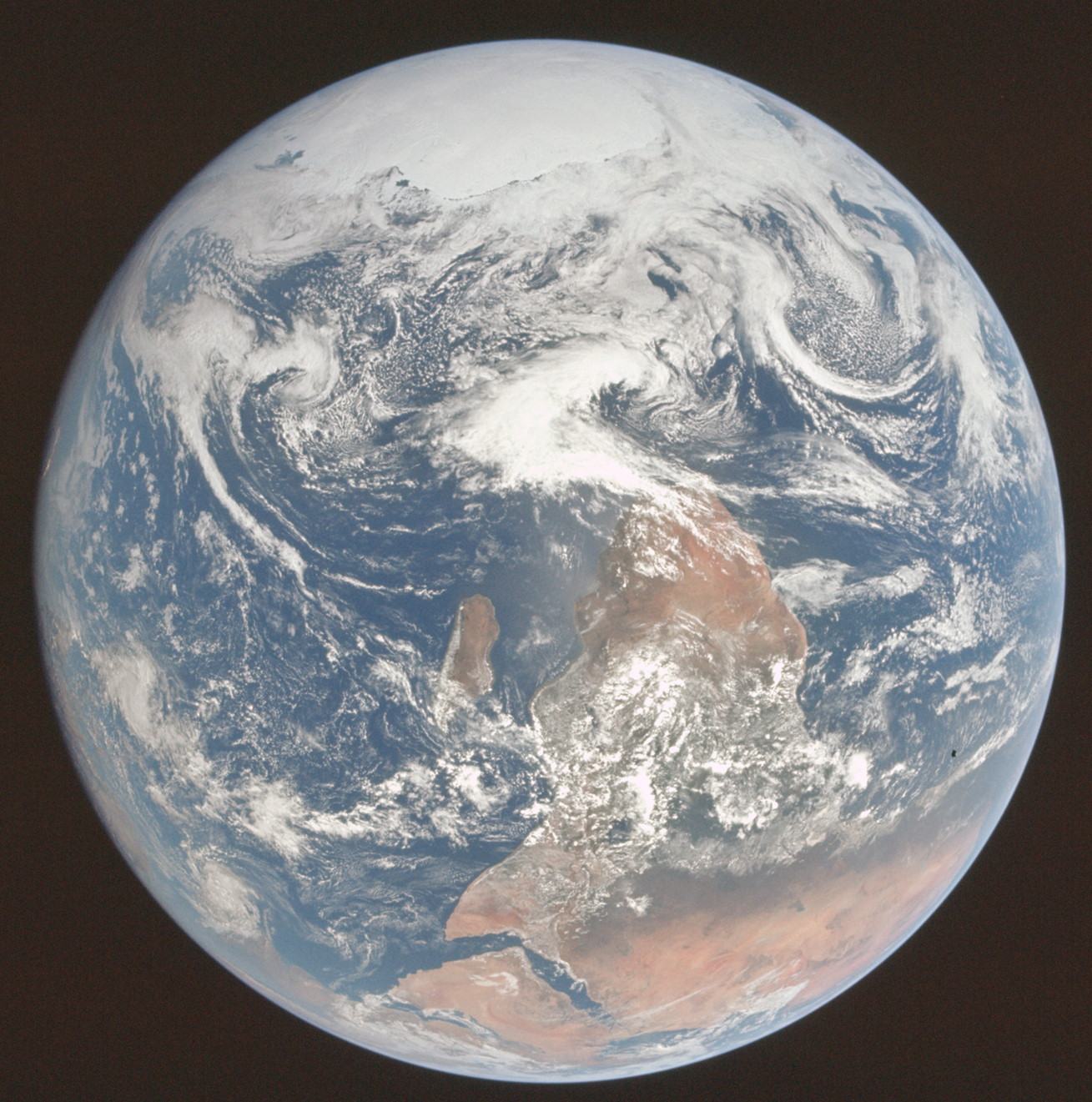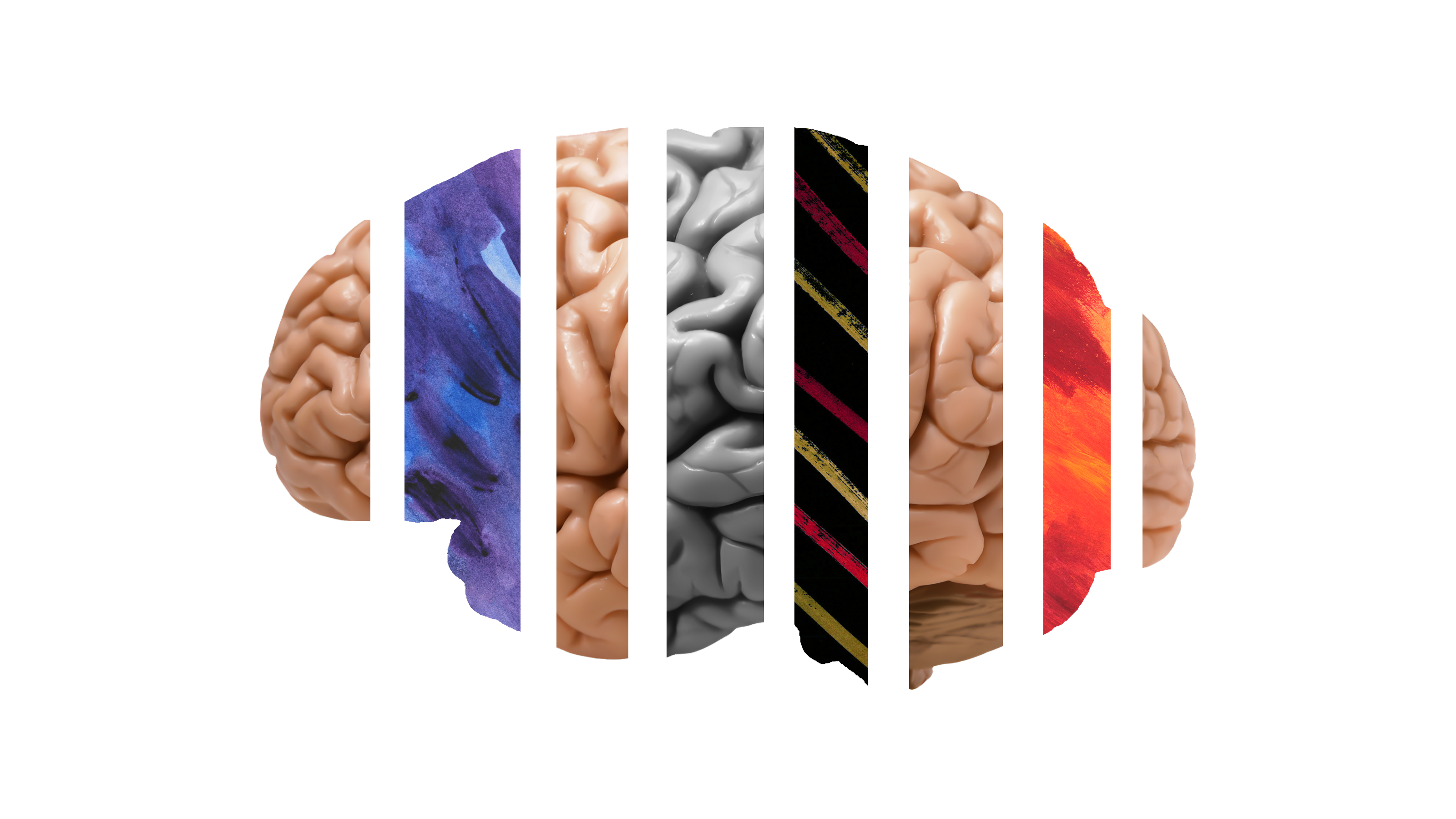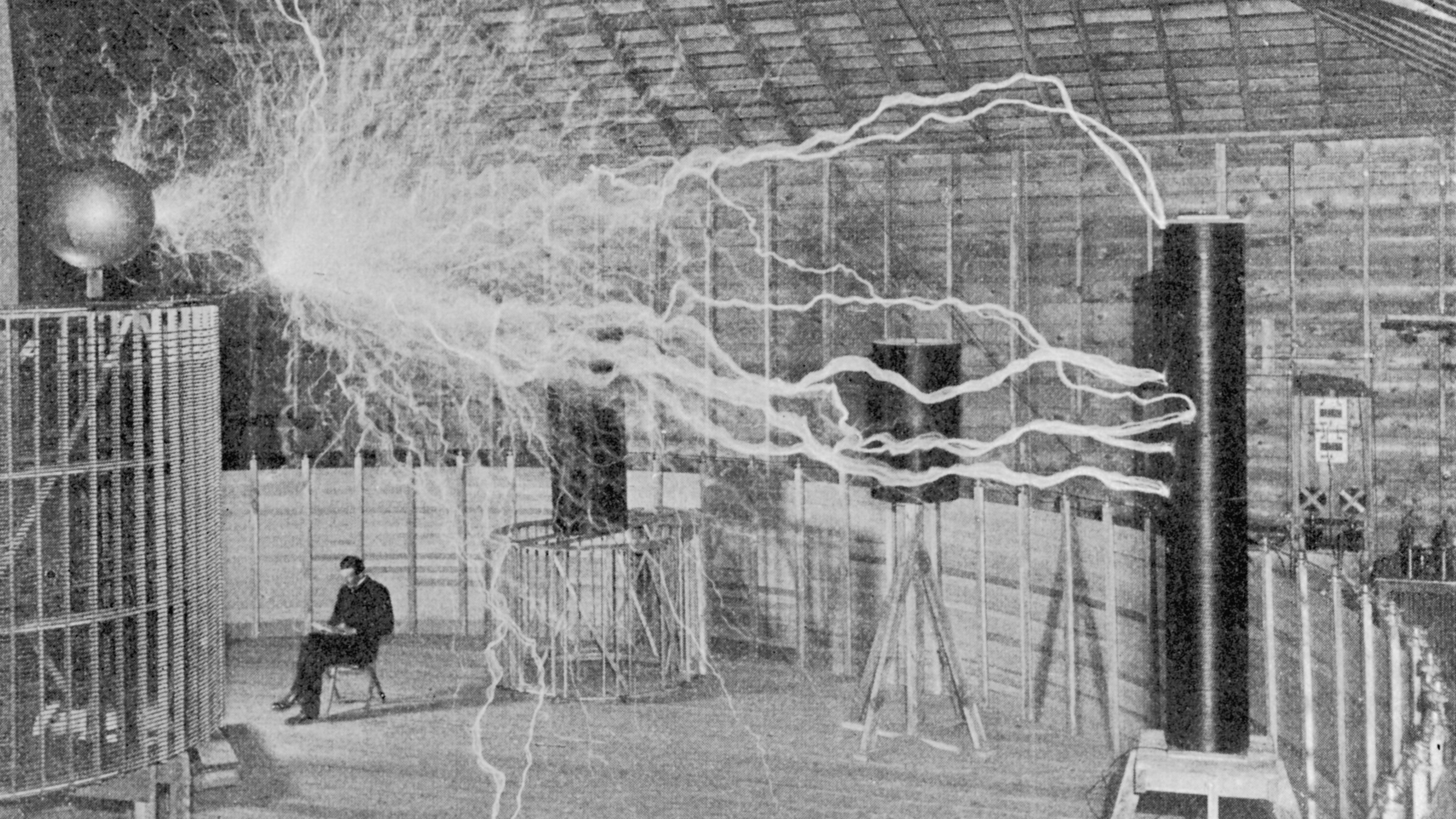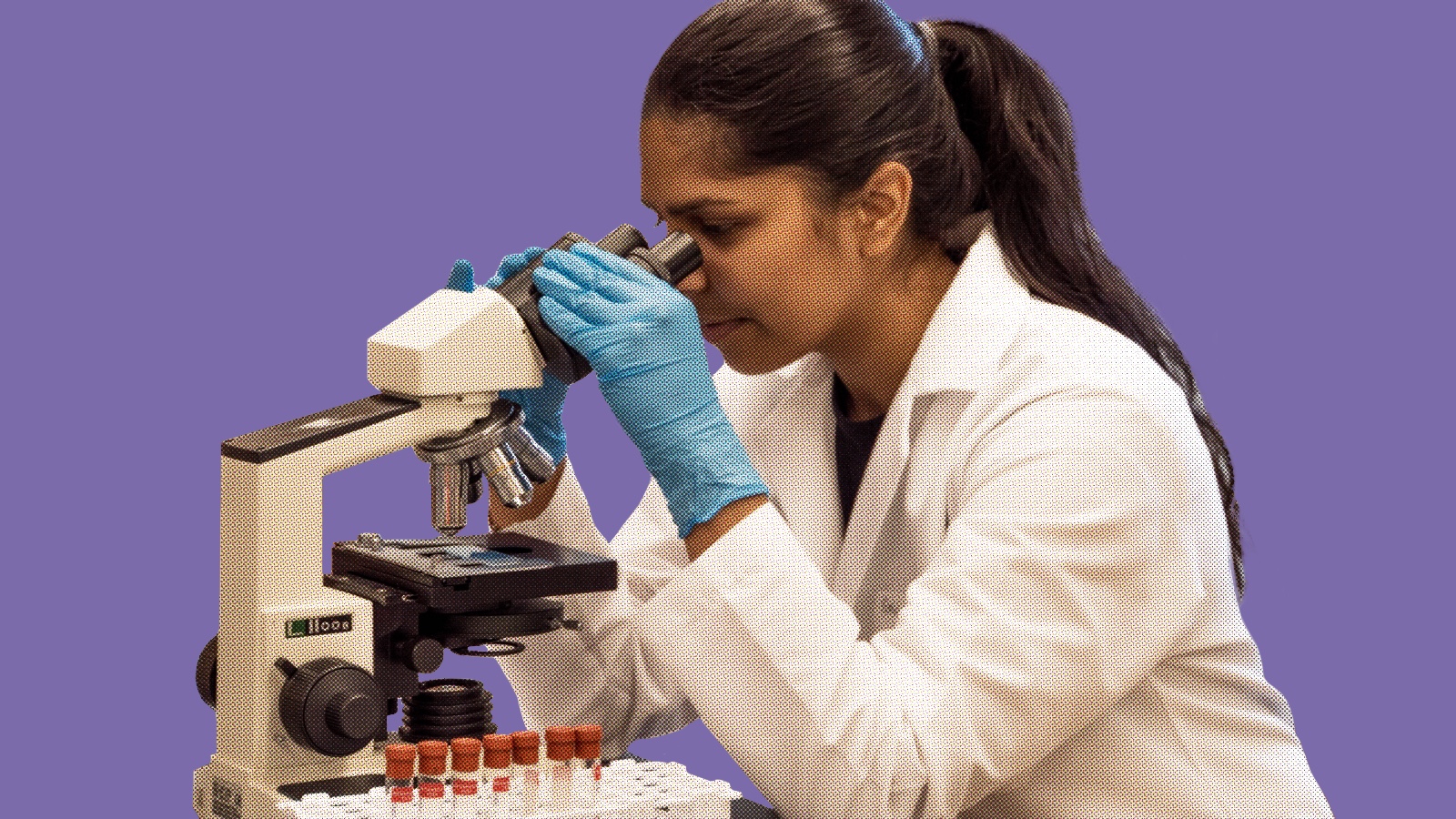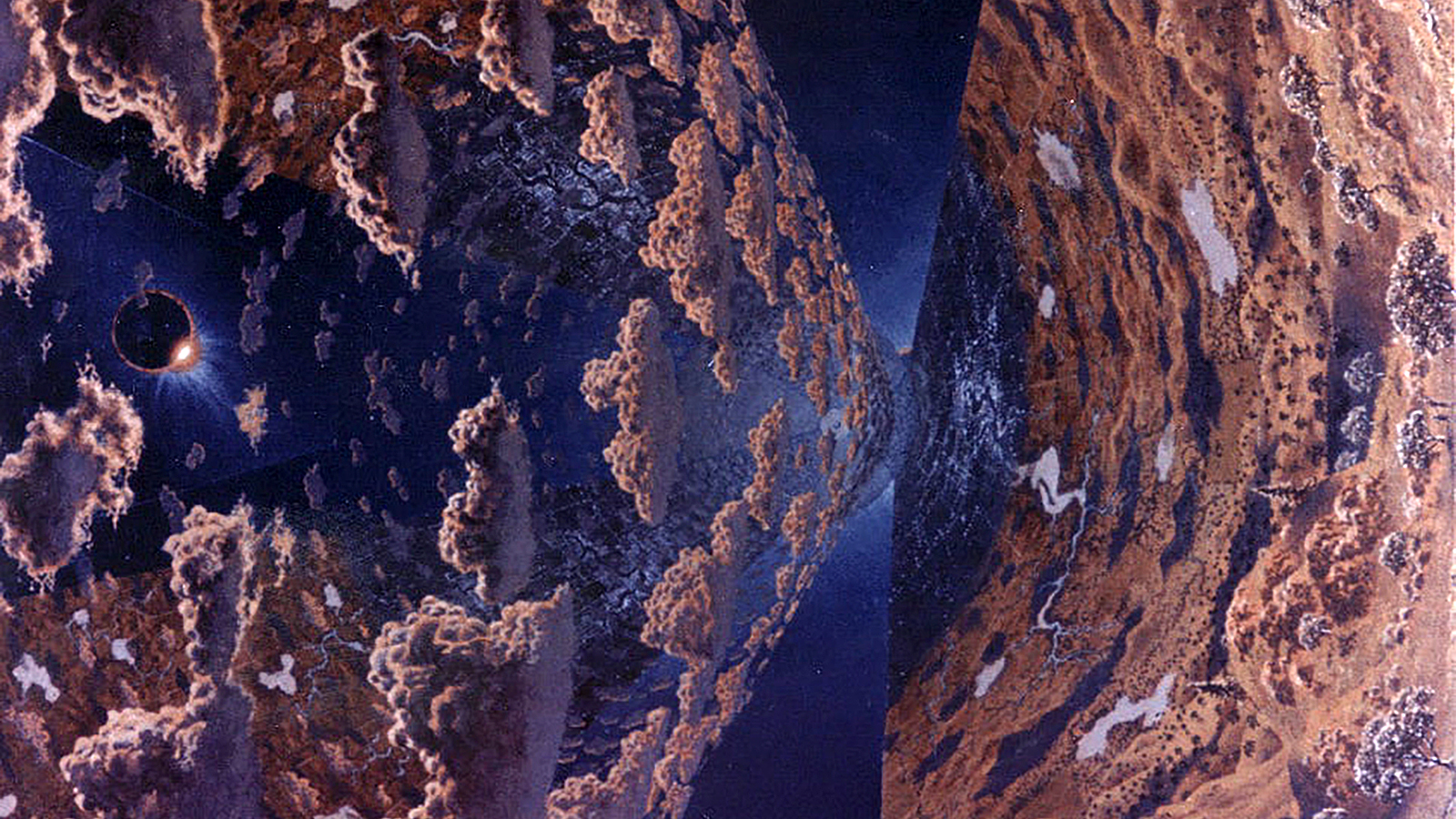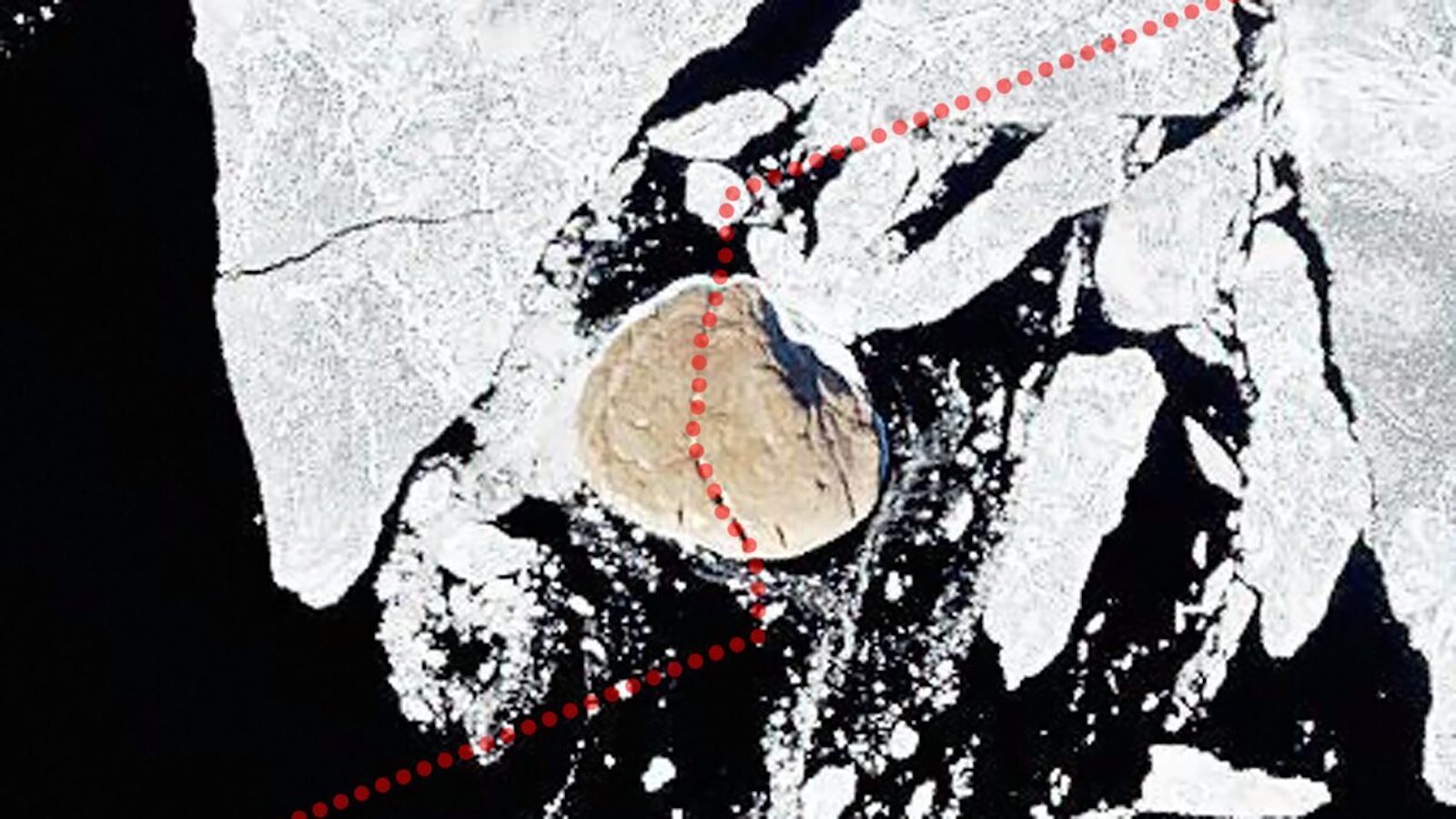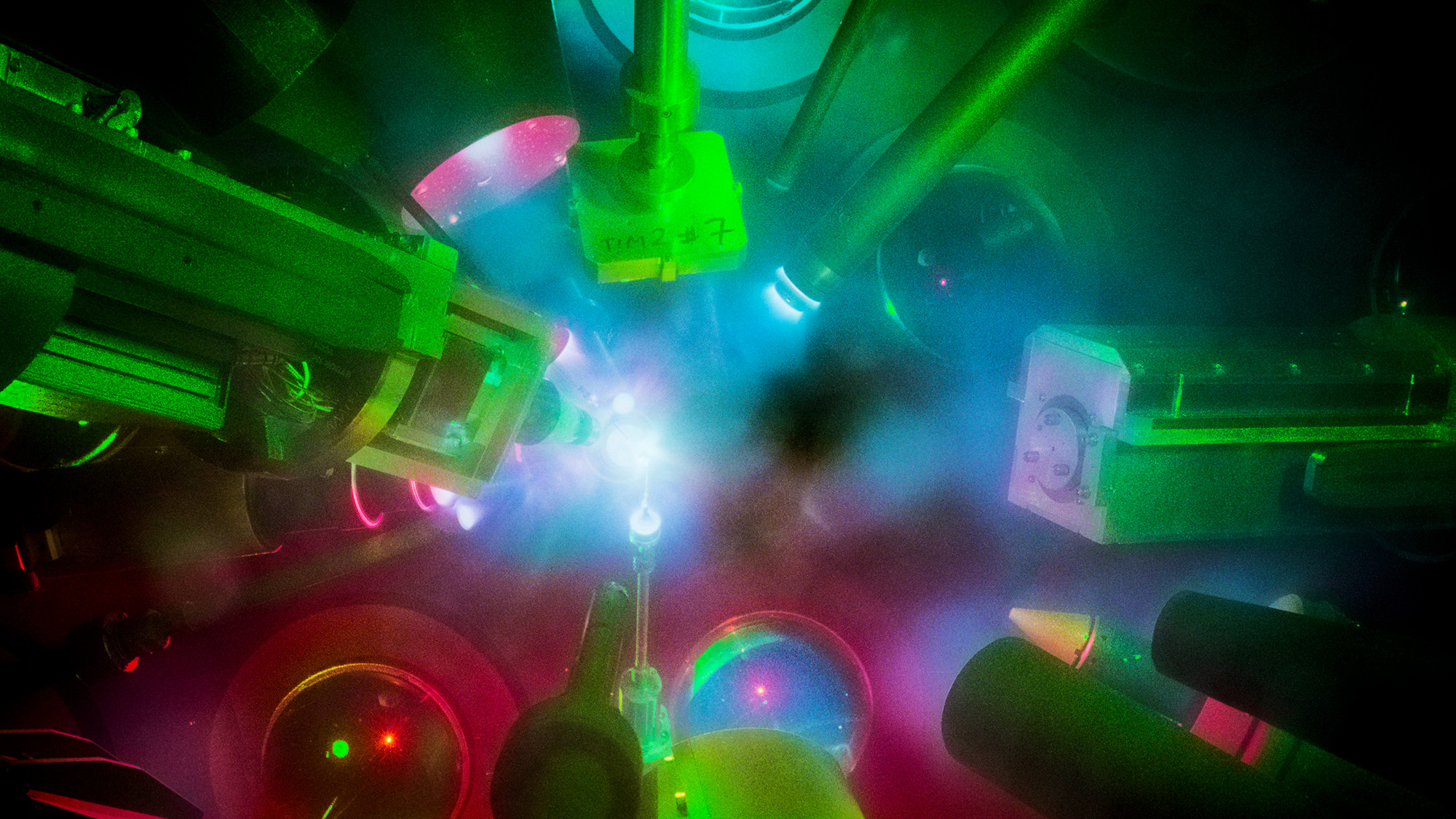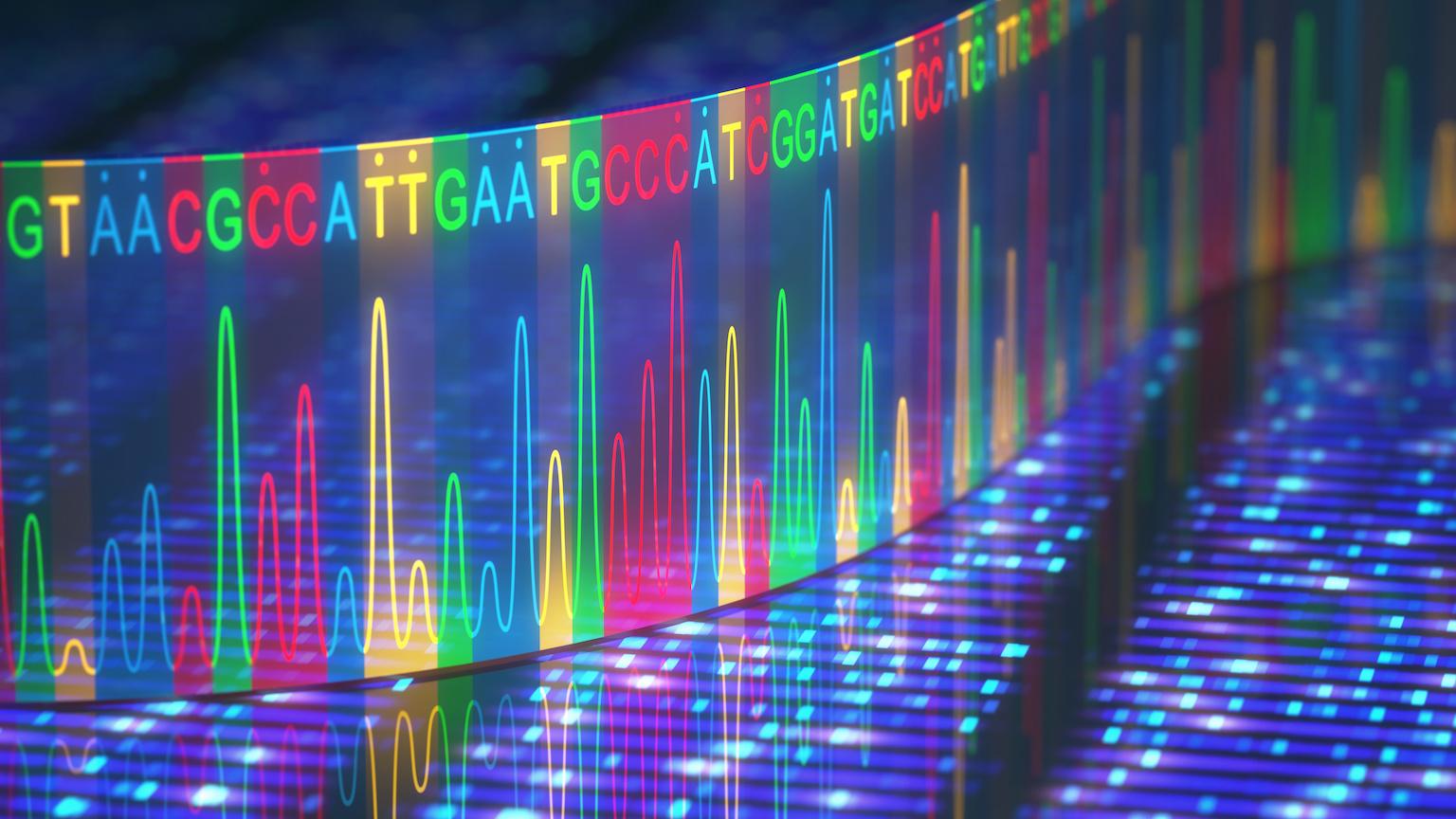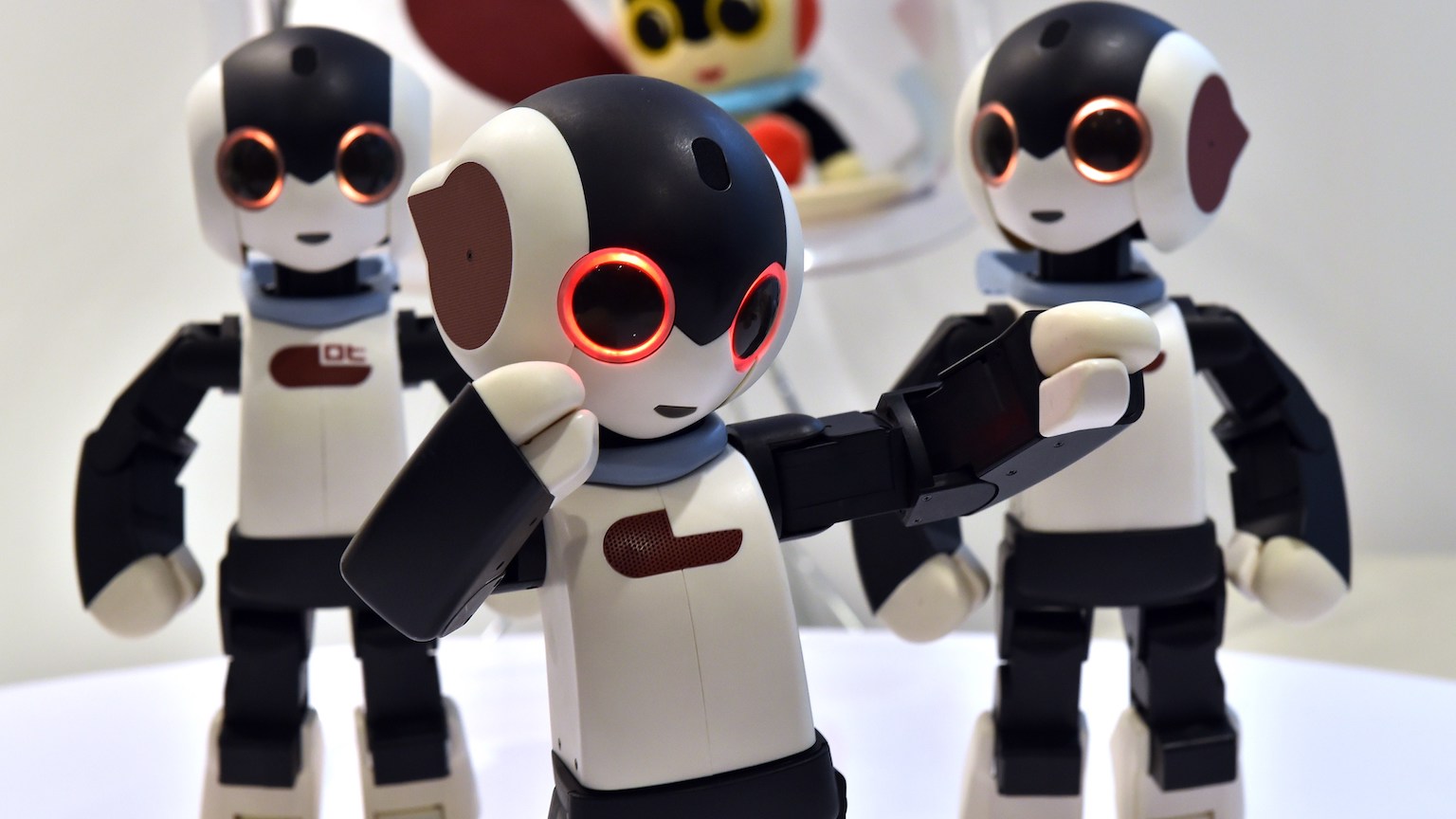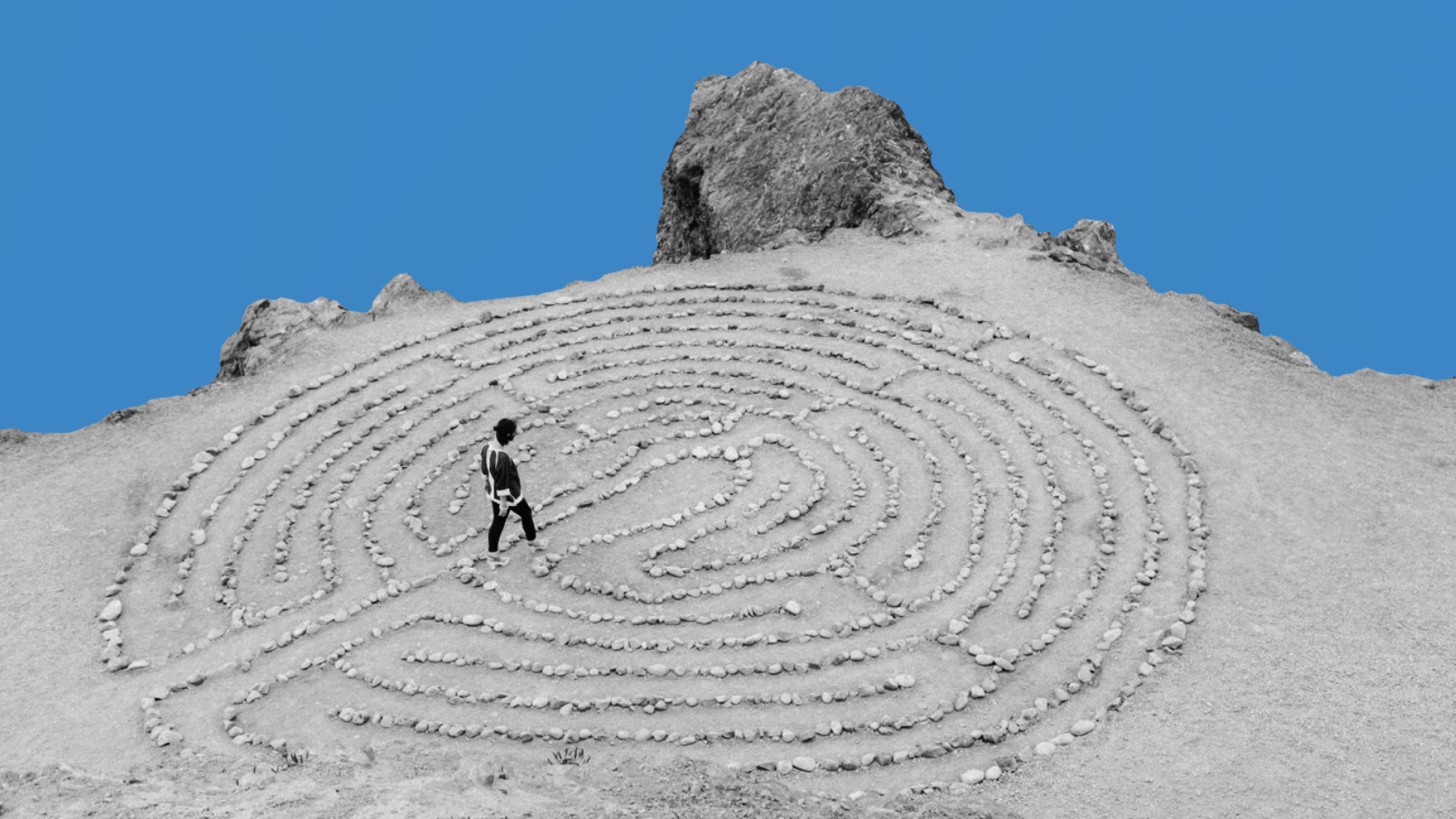Although human beings arrived on Earth just ~300,000 years ago, we’ve transformed the entire planet completely. Here’s how we did it.
Search Results
You searched for: Computers
The electoral reform also known as instant-runoff voting promises bridge-building and broad appeal instead of culture war and gridlock.
Ev Fedorenko’s Interesting Brains Project highlights the human brain’s remarkable capacity to adapt, reorganize in the face of early damage.
Thinking about the problem of meaning is unsettling because it introduces us to a list of solutions that all feel a bit insane.
The key? A computational flattening algorithm.
Fire-retardant gels and slimes combine the best attributes of water and foam.
Regret isn’t just unpleasant, it’s unhealthy.
“The Soul of a New Machine” provides a rare level of insight into the minds and decisions of humanity’s greatest thinkers.
The new agency wants to push the boundaries of science and technology.
A conversation with an advanced alien species is likely to be simple and to take 1,000 years. It might also be dangerous.
A dispute marked by flags and booze has been replaced with an official land border.
In the largest star-forming region close to Earth, JWST found hundreds of planetary-mass objects. How do these free-floating planets form?
Your brain is remarkably good at mapping out physical spaces — even if it’s an imaginary space like Hogwarts. But how does the brain do it?
Due to deteriorating health, all Beethoven left behind for his final symphony were some musical sketches.
NASA was dangerously cavalier about the dangers of the shuttle launches.
The world needs a moral defense of progress based in humanism and agency.
The highest-energy particles could be a sign of new, unexpected physics. But the simplest, most mundane explanation is particularly iron-ic.
We imagine and debate the inner lives of literary characters, knowing there can be no truth about their real motives or beliefs. Could our own inner lives also be works of fiction?
Wireless charging isn’t just for phones and laptops. It could also power medical devices like heart implants.
The spooky world of quantum mechanics might reach out and touch you — by mutating your DNA. Welcome to the weird world of quantum biology.
One of the most original and optimistic thinkers in America sketches some big ideas about what’s possible with AI in the next 25 years.
Almost 10% of all new jobs created between 2020 and 2030 will unfortunately be some of the lowest paid.
AI tried to write music. It wasn’t exactly The Beatles.
There’s a lot to love about the innovations of Scrivener 3 for the Mac.
Dark matter hasn’t been directly detected, but some form of invisible matter is clearly gravitating. Could the graviton hold the answer?
Because there’s not enough Walden pond to go around.
Prep for the most essential cybersecurity exams with over 400 hours of training.
